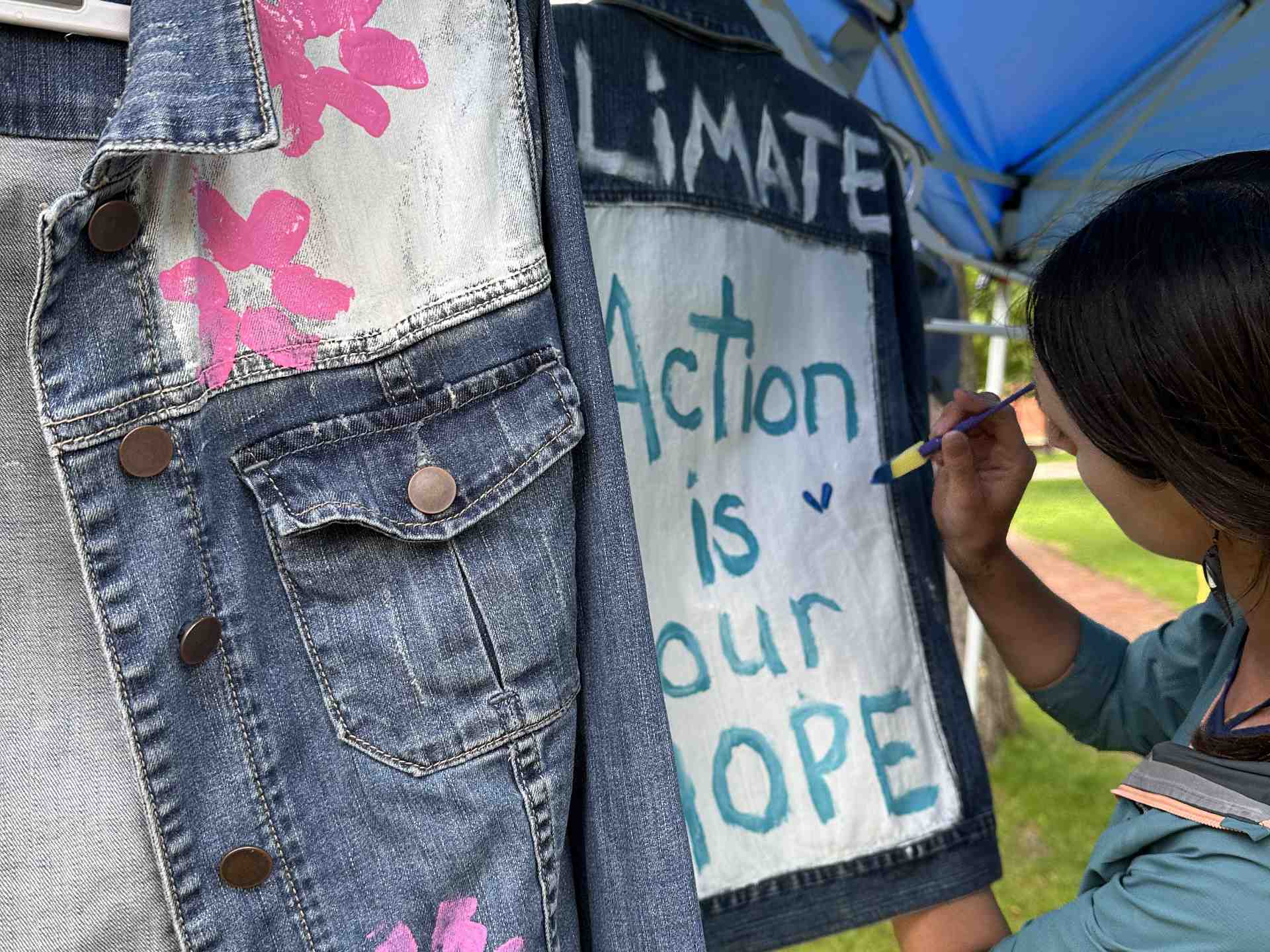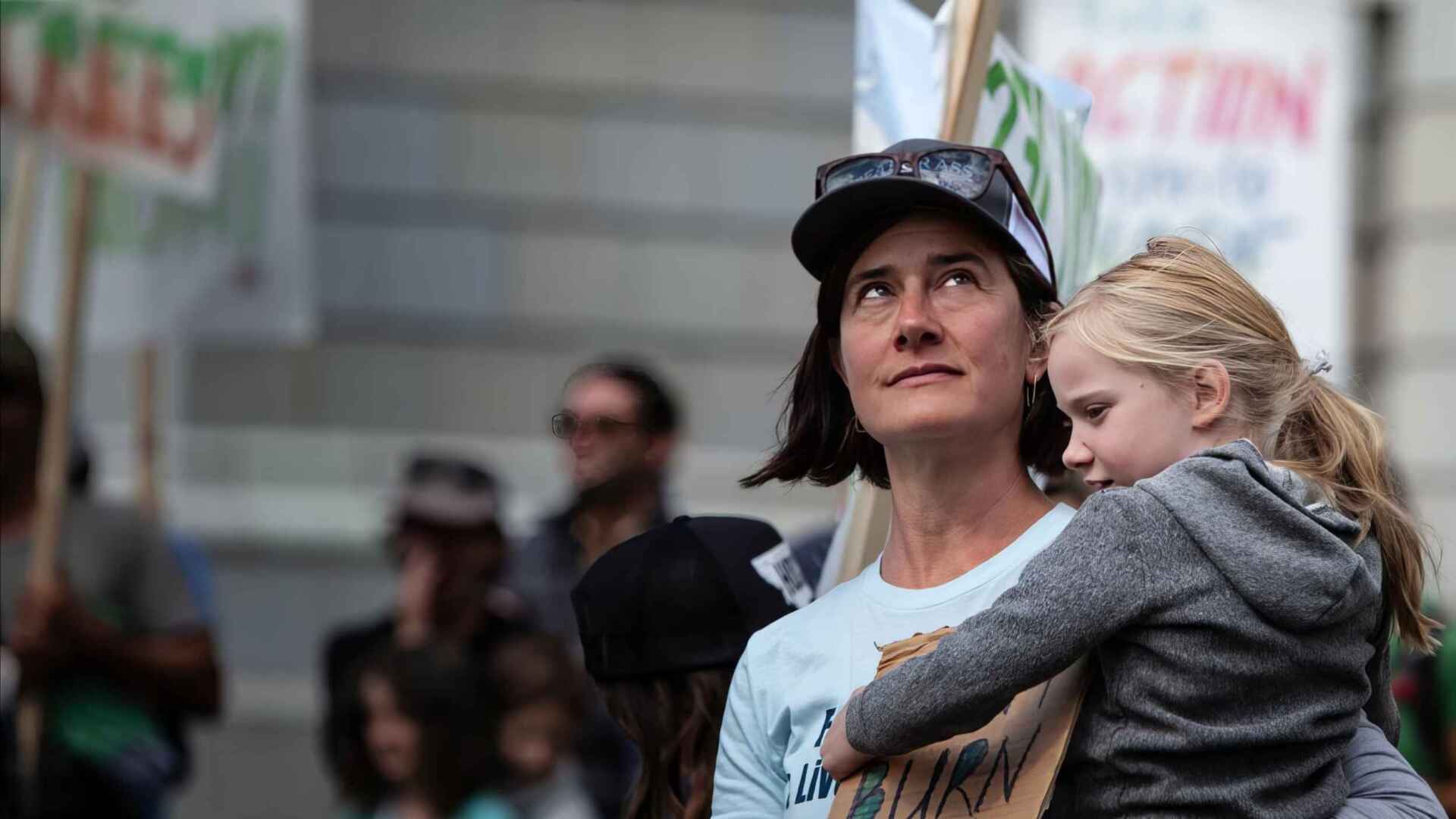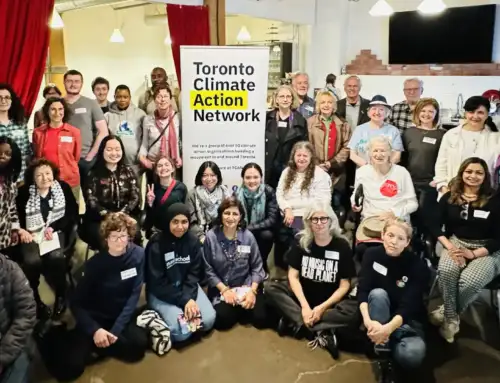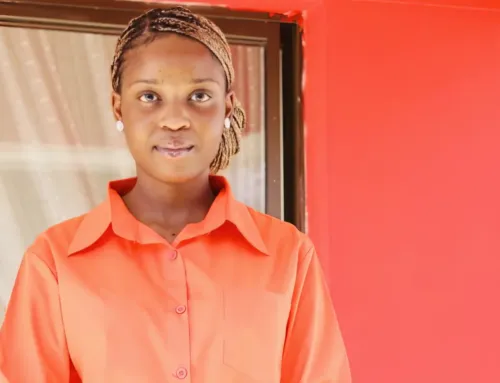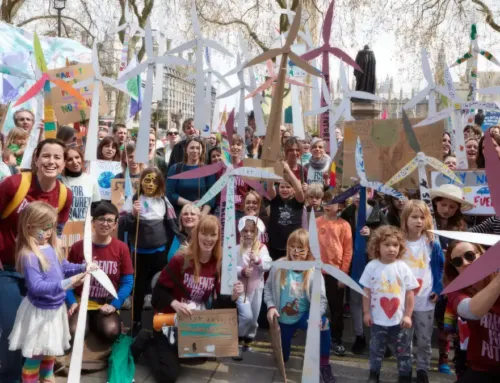STORIES
Winona Bateman: Sharing stories and conversations to end climate silence – and accelerate solutions – in Montana, USA
Winona Bateman leads Families for a Livable Climate in Missoula, Montana. Her group is focused on bringing more families into the climate movement, reaching out across differences, and engaging in one-on-one conversations to build community will for climate action. With a background in communications, Winona sees climate art and storytelling as a regenerative practice, a way to make connections and create meaning in our lives. Her group also publicly supported plaintiffs in the groundbreaking June 2023 Held v. State of Montana trial during which 16 youths successfully sued the US state for violating their constitutional right to a “clean and healthful environment.”
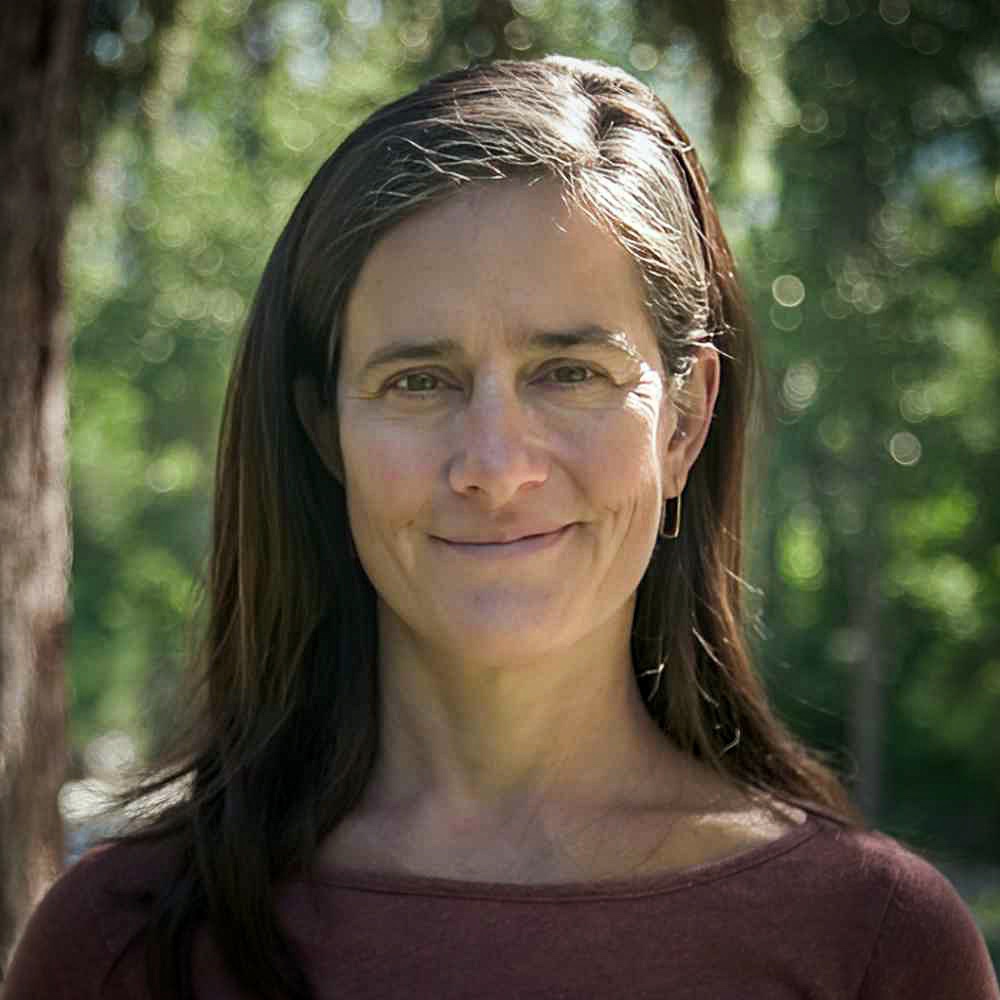
My transformation into a climate activist happened on October 8, 2018, the day I read the devastating IPCC climate report. I decided, “If the ship’s going down, I’m going to do everything I can to fix the ship – or at least find as many life rafts as possible.” That pledge was accompanied by a pretty earth-shattering revelation for me: to protect my four-year-old daughter’s future, I need everybody. I can’t write anyone off just because they hold different views on climate or other issues.
I saw – and see — the climate crisis as a community and communications crisis. Humans have been separated by powerful interests from our connection to the Earth and from each other. Montana is experiencing more wildfires, high temperatures, low lake water levels, and fishing restrictions on key rivers. Many people are scared, yet it’s often unpopular or unsafe to talk about the crisis unfolding around us. Divisions between people are hampering meaningful climate action on the state level.
Families for a Livable Climate (FLC) was created from the idea that to heal our climate we need to heal our human family. That’s why we try to connect with as many people as possible and build trust. Why would anyone listen to us if we can’t really care about them? To that end, we offer Climate Conversations workshops. We teach that the goal of every climate conversation is to have another. If I want to stay connected with someone, I have to bring more skill, love, and grace to the fore.
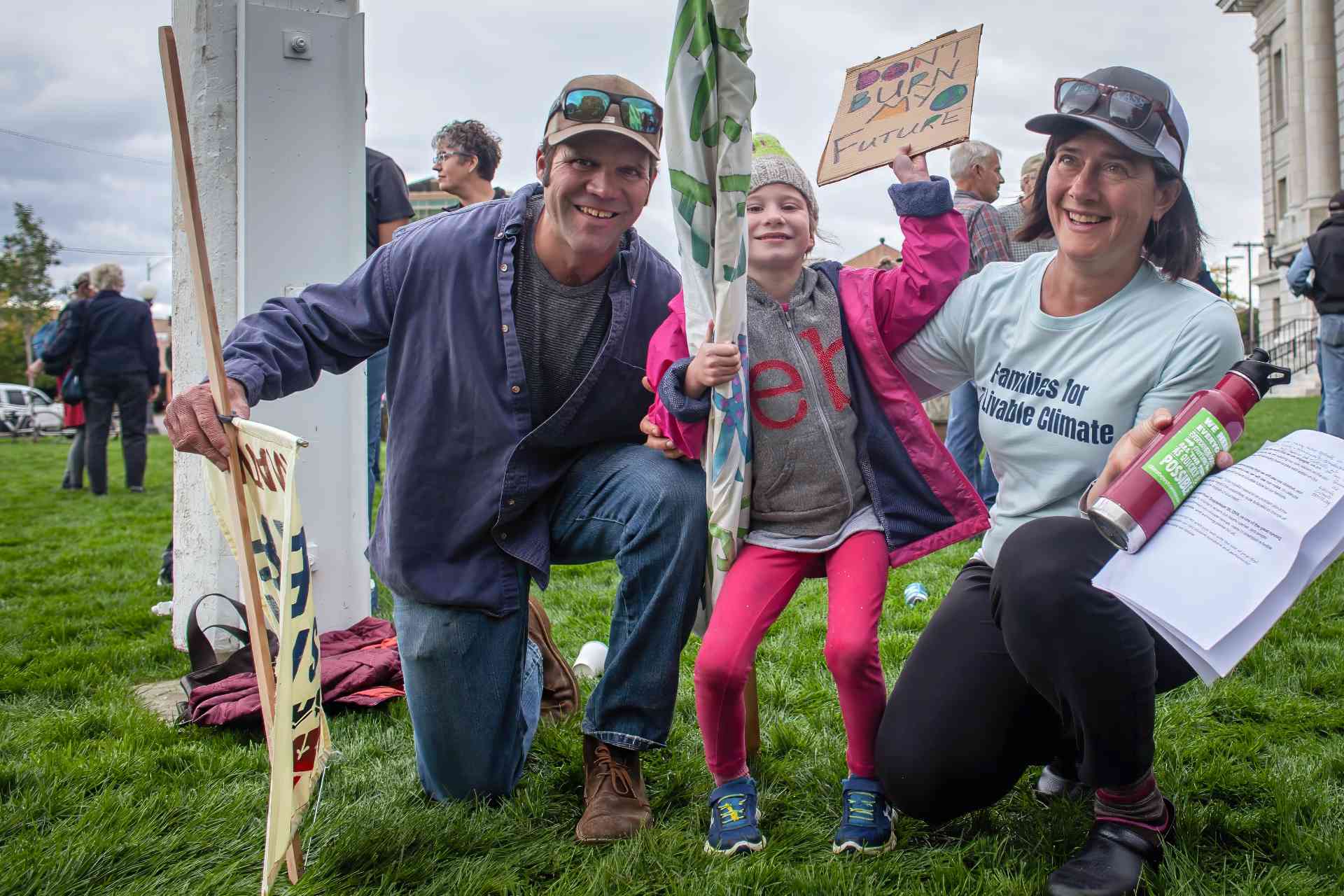
Most Montanans worry about climate yet haven’t taken action. How do we engage those who already care? Mostly we let them talk. Usually people start with, “There’s nothing we can do” or “I’m overwhelmed, why even try?” which is why having accurate information on the social science is helpful. So is knowing that an astonishing 70% of Montanans want climate action, but nearly the same number rarely or never talk about climate. We have climate solutions, but if we’re silent we’ll never get them implemented.
Storytelling is one of humanity’s oldest forms of communication, and we’ve found that sharing personal stories starts climate conversations more effectively than screaming at each other. Our project Montana Climate Stories features ordinary people describing how the climate crisis impacts them or places they love. The key to ending climate silence is to make it habitual to share stories of concern and be vulnerable with other humans about it, so in our workshops we practice telling our stories. Participants tell us practice makes it easier.
We took Montana Climate Stories to four communities recently, showing up in spaces people don’t expect organizing around climate. At one folk festival, 100 people showed up. We build on these conversations by offering ways to engage, such as signing advocacy alerts or joining working groups focused on ending plastics pollution or accelerating Montana’s clean energy transition. One group invites school officials to test drive electric buses.
We also organize Climate Protector Rides during which children make capes and celebrate being climate protectors. That’s a fun entry point for parents wanting to take positive action with younger kids, and it offers opportunities to chat about getting involved in a parent network. It helps parents to engage, to have community, and to talk about climate with other parents who care. Our role is to help parents take meaningful systemic action. We also support parents wanting to start new projects. We need more climate activists and leaders, and parents are especially motivated for action because none of us wants to see our kids have a hard future or fear what’s coming.
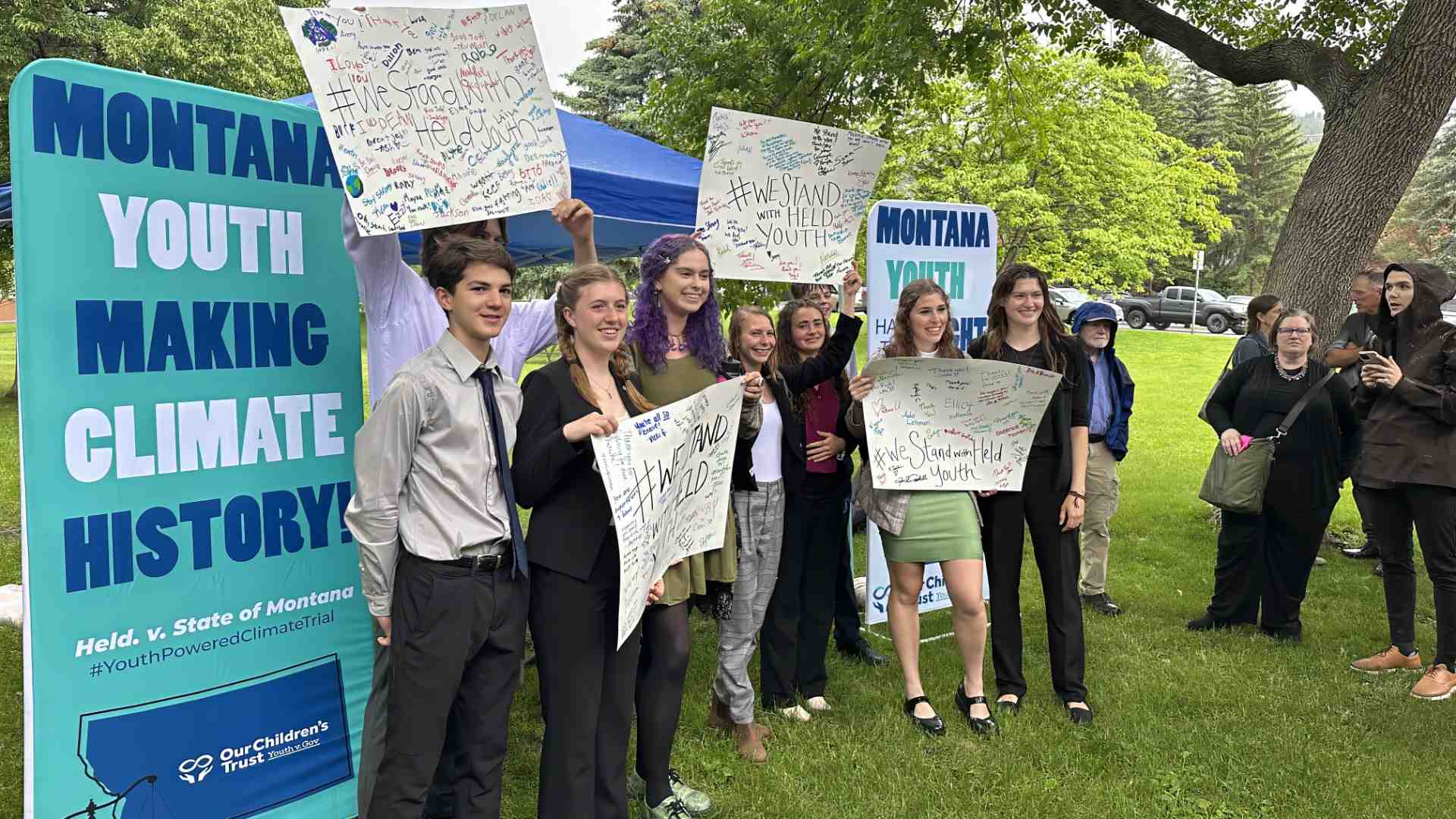
FLC was thrilled to show up at the Held v. Montana trial in June 2023 to support youth plaintiffs. Their lawsuit argued that the State of Montana is violating their constitutional right to a “clean and healthful environment” in its support of the fossil fuel-driven energy system. Our group showed up at the trial, organized a rally, and displayed “We Stand with Held Youth” signs. We handed out our magazine, The Changing Times, that featured youth writing and supported kids’ right to a clean and healthful environment.
One of our main messages during the trial was “Let’s not confuse our support for the Held Youth with taking climate action ourselves. We parents also need to act.” We shared our Montana Climate Action Pledge that many parents signed. It was powerful to attend some of the trial and see our judicial branch taking this climate lawsuit very seriously, ultimately ruling wholly in favor of the youth plaintiffs.
On some days, our mission to “create community for climate action” sounds vague to me. On others, I know exactly what we’re doing: bringing people into a community to generate ideas, connection, resilience, and action. A barrier for many Westerners is our dominant narrative of the hero’s journey. In our shared climate story, however, we won’t be heroes. Our story is an ensemble piece, like Downton Abbey. We each hold a thread in a tapestry of change. We can just grab our thread, start weaving, keep going, and appreciate everybody doing the same around us. Then, we can look and see all the change we’ve made together.
